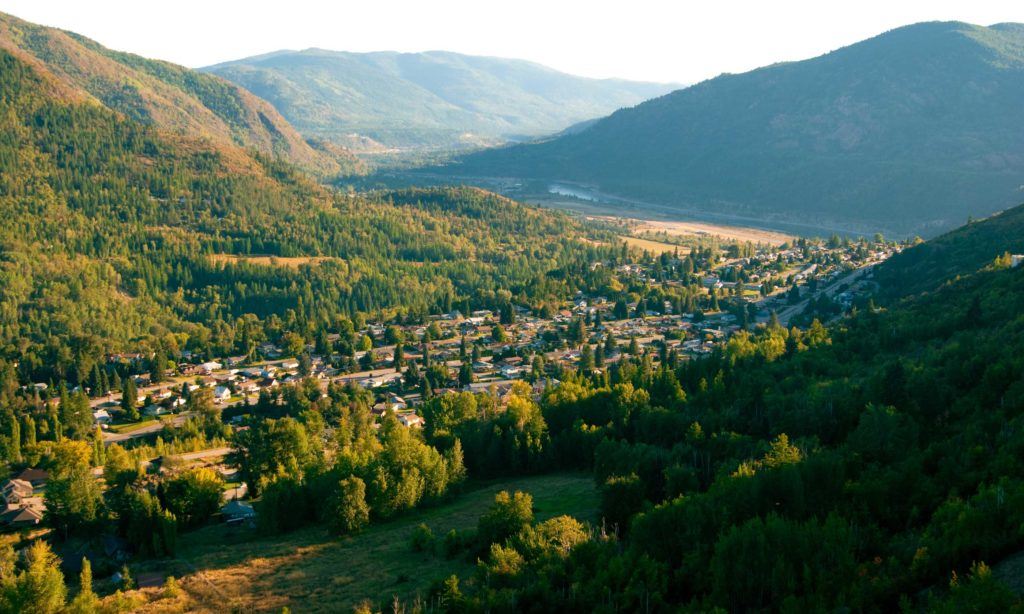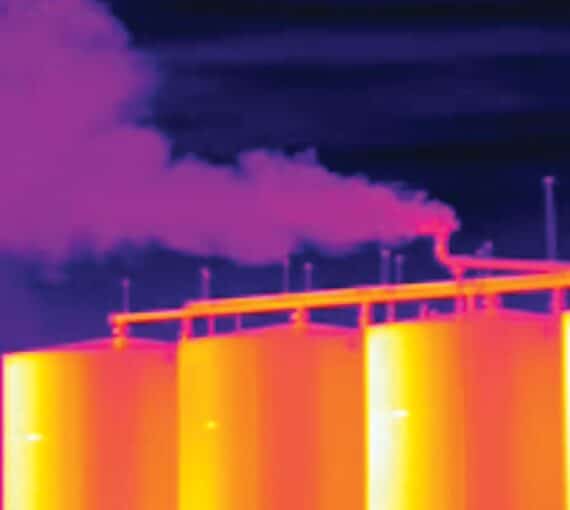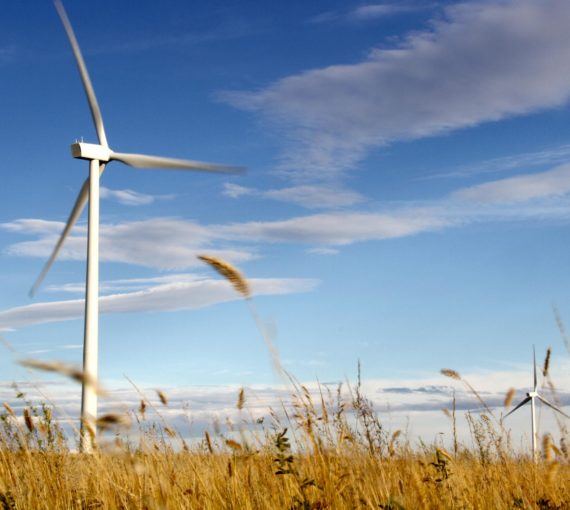Last month, the world was served an urgent wake-up call on the need for a massive scale-up of climate efforts if we wish to protect our planet now and into the future. A United Nations Intergovernmental Panel on Climate Change report called for action to limit warming to 1.5 C to reduce the risk of increasingly severe weather events, species loss and increasing climate refugees, ultimately enabling us to better protect human health and community resilience.
The prescription was tough but truthful: We must cut harmful greenhouse gas emissions in half over the next dozen years and entirely within a few decades. The overwhelming consensus reached by the IPCC, representing all nations, came after experts reviewed more than 6,000 scientific studies. The message is clear: All national and subnational governments must commit to bold actions.
That’s why we’re asking the B.C. government to ensure that its upcoming climate plan will get us where we need to go. The good news is that the B.C. legislature appears to be listening, with feasible solutions at hand. This past summer, during one of the worst forest fire seasons in B.C.’s history, the government consulted with British Columbians on a range of potential climate actions that could cut our emissions in a big way in the near and long terms. It’s time to ensure those good intentions become reality.
Last week, we saw the first of what we hope will be a series of progressive policy announcements: A flagship zero emissions vehicle strategy, including a mandate to phase in electric cars over time. B.C. is set to join global leaders like Quebec and California in ensuring that we start to phase out pollution from transportation.
Every sector of society must pitch in if we are to achieve our ambitious greenhouse gas reduction targets and protect beautiful British Columbia and the living planet we call home.
The government also announced investments to modernize B.C.’s social housing by making homes more energy efficient. The next step is new building standards to ensure that all parts of the province invest in smart building designs that will reduce emissions, improve health and well-being, and create new jobs and economic opportunities.
Every sector of society must pitch in if we are to achieve our ambitious greenhouse gas reduction targets and protect beautiful British Columbia and the living planet we call home.
Industry must also do its fair share, including reducing methane pollution in the oil and gas sector. Leading scientists say methane is responsible for 25 per cent of observed changes to the global climate. Fortunately, methane pollution from oil and gas can be reduced with cost-effective, readily available technologies. Captured methane becomes a product that can be marketed to help defray the cost of its capture, making it the easiest of win-wins. We expect B.C. to implement strong methane regulations that meet or exceed North American best practices.
It’s heartening to see local governments leading on climate action. Vancouver, Victoria, Saanich, Slocan, Nelson and the Regional District of Central Kootenay have all committed to run on 100 per cent renewable energy by 2050 — showing visionary leadership commensurate with the scaled-up actions called for in the IPCC report. Cities can and are leading the way in mitigating climate change in four key areas: energy supply, buildings, mobility and waste.
B.C. has the opportunity to match the efforts of its municipal climate leaders by taking the additional bold steps needed to meet our climate targets. The government should answer the IPCC call and deliver an ambitious climate plan that affords British Columbians the ability to work together to keep our communities safe, healthy, thriving and resilient for ourselves, our children, grandchildren and those yet to be born.
This op-ed was originally published in the Vancouver Sun.
Our work
Always grounded in sound evidence, the David Suzuki Foundation empowers people to take action in their communities on the environmental challenges we collectively face.




